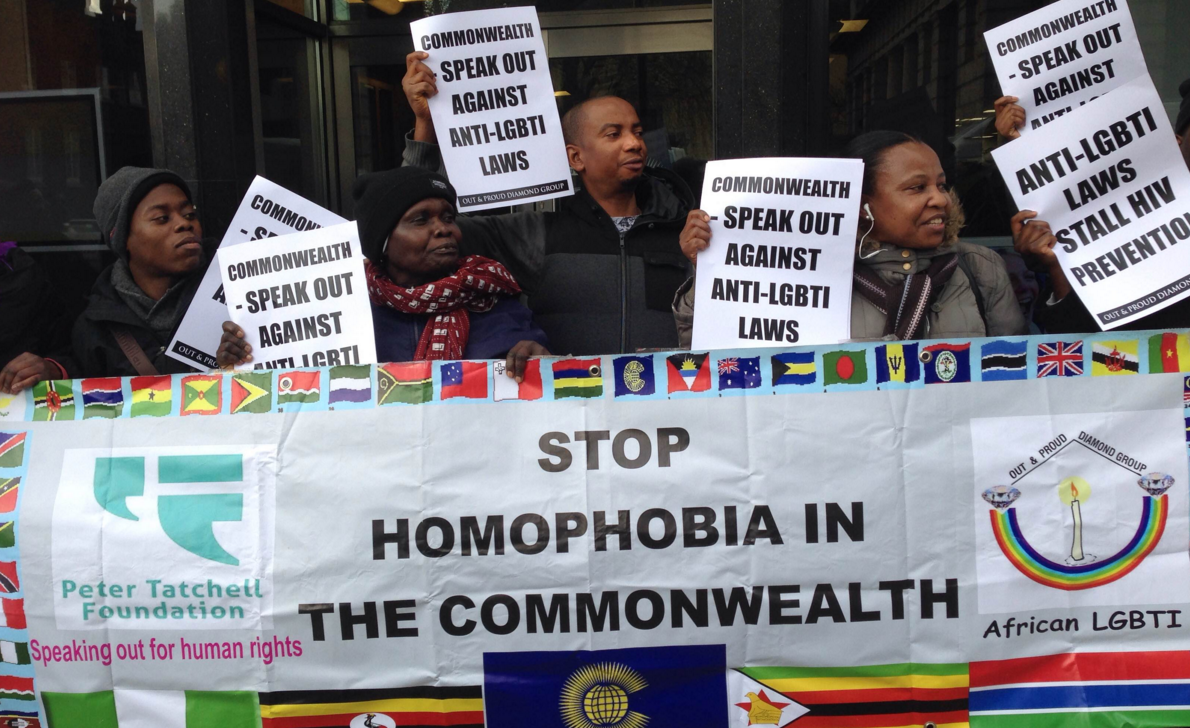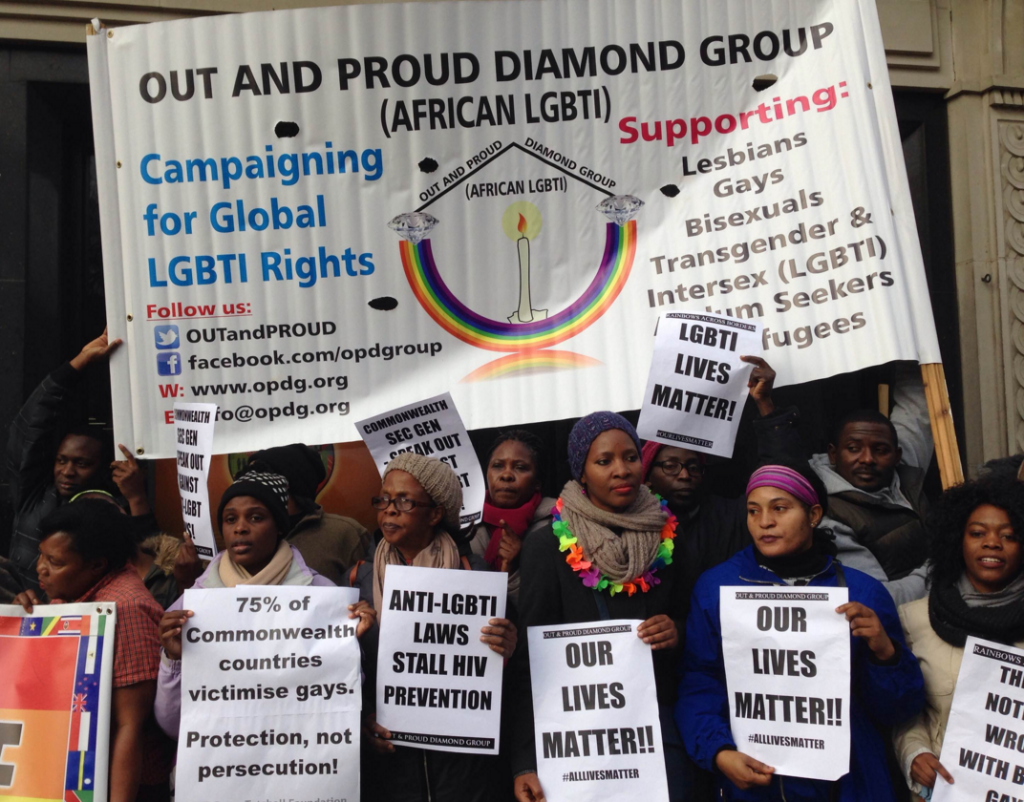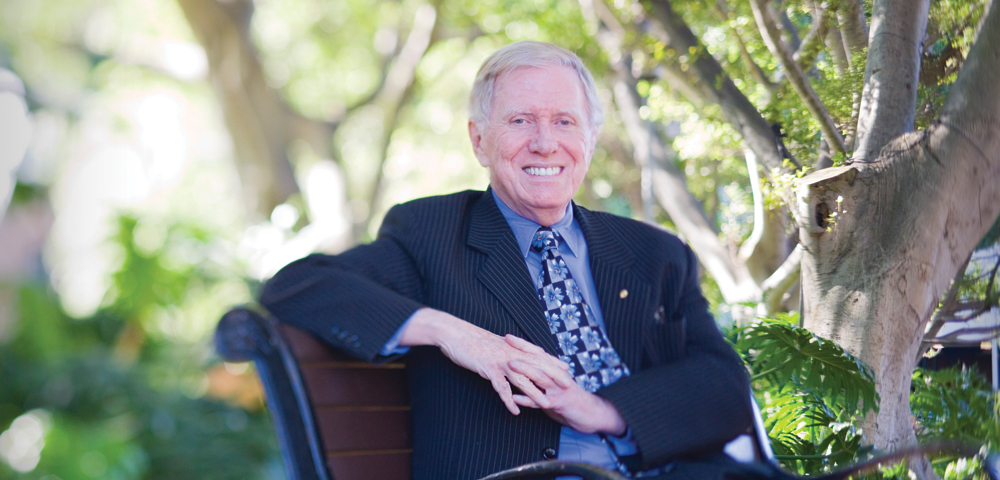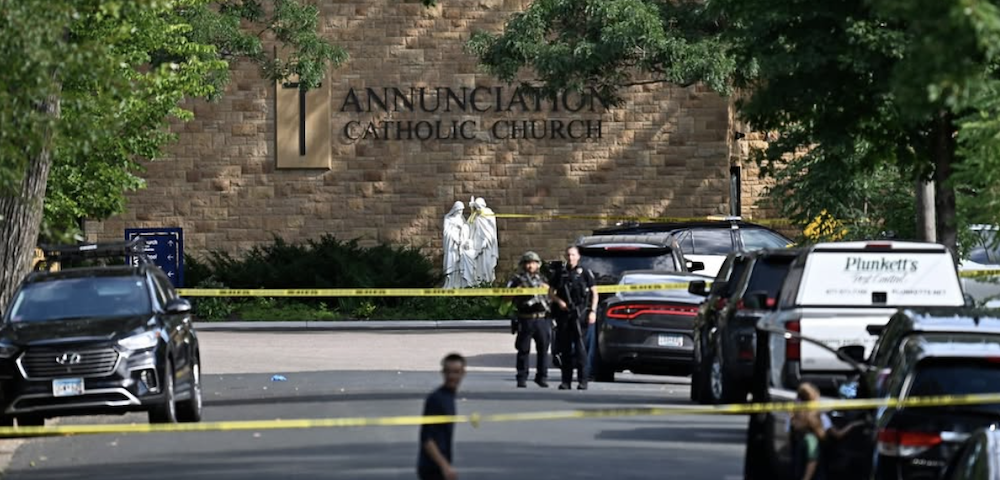
Commonwealth Heads of Government Meeting pressured to address LGBTI rights

A PROTEST outside the London headquarters of the Commonwealth that demanded that member states address state-sanctioned homophobia was held just days before the Commonwealth Heads of Government Meeting (CHOGM), which is currently taking place in Malta this weekend.
Protestors urged all Commonwealth member states to decriminalise homosexuality and legislate equal rights for their LGBTI citizens, in accordance with the human rights principles of the Commonwealth Charter and the Universal Declaration of Human Rights.
[showads ad=MREC] Forty of the 53 members states of the Commonwealth criminalise homosexuality, with approximately two billion people living in those 40 member states.
The protest was organised by African LGBTI organisation the Out and Proud Diamond Group and supported by the Peter Tatchell Foundation, Rainbow Across Borders, Rainbow International and African Rainbow Family.
“For 66 years, the [CHOGM] summit has refused to even discuss LGBTI human rights, let alone support LGBTI equality,” prominent Australian-born LGBTI rights activist Peter Tatchell said in a statement.
“This CHOGM is no different. They won’t even allow LGBTI rights on the agenda.
“The Commonwealth accounts for approximately 30 per cent of the world’s population but over 60 per cent of HIV cases worldwide. This situation has gotten progressively worse since the last CHOGM.
“Ninety per cent of Commonwealth citizens live in Commonwealth countries where homosexuality is a criminal offence and where LGBTI people have no legal protection against discrimination and hate crime. It is state-sponsored homophobia and it is happening in 75 per cent of the Commonwealth member nations, without any public rebuke by the Commonwealth leadership.

“This homophobic repression is getting worse in some Commonwealth nations; notably Uganda, Cameroon, Nigeria and Brunei,” Tatchell continued.
“What is the point of having a Commonwealth Charter committed to equality and non-discrimination if three quarters of the member states violate its principles and get away with it?
“Many of the anti-gay laws in the Commonwealth were imposed by Britain in the 19th century, during the era of colonial occupation. But this is no excuse for now independent self-governing nations to perpetuate foreign-dictated homophobic legislation.”
The protest took place the same week a 305-page report linking the criminalisation of homosexuality with rising HIV transmission rates across Commonwealth countries was released.
Published by the Human Dignity Trust and the Commonwealth Lawyers’ Association, the Criminalisation in the Commonwealth 2015 report sheds light on how the criminalisation of homosexuality in some Commonwealth nations has a negative impact on HIV prevention efforts among men who have sex with men.
Former High Court judge and Commonwealth Eminent Persons Group member Michael Kirby said the report was “shocking and dire”.
“Not only is the state of legislation terrible and virtually unmoving, three recent decisions in final national courts in India, Singapore and Malaysia have actually set the cause of reform backwards,” he said in statement.
“It is pathetic to blame this on the British colonial administrators. Most Commonwealth countries have been independent for 50 years and the responsibility is theirs alone.
“The recent court cases have denied a role for the courts in upholding equality and insisted that reform of anti gay criminal laws is a matter for the legislature.”

Kirby added that the Commonwealth has increasingly looked isolated as the rest of the world in the UN continues to endorse the perception of gay rights as human rights.
“The test will be whether Commonwealth leaders face up to this grotesque affront to human rights whilst pretending to observe the Commonwealth Charter with its commitment to equality, justice and development,” he said.
“The time for silence in the Commonwealth on this score is over. It has been said before: silence equals death.”
Kirby also said the decline in funding for the global AIDS epidemic was a huge concern.
“This presents an enormous challenge, especially to Commonwealth countries in Africa, the Caribbean and South Asia,” he said.
“If the countries with the biggest AIDS problems help will not help their own vulnerable communities, they have to be told quite clearly that it is unlikely that other countries will be able to extract increased funding from their own disenchanted taxpayers.”
[showads ad=FOOT]








